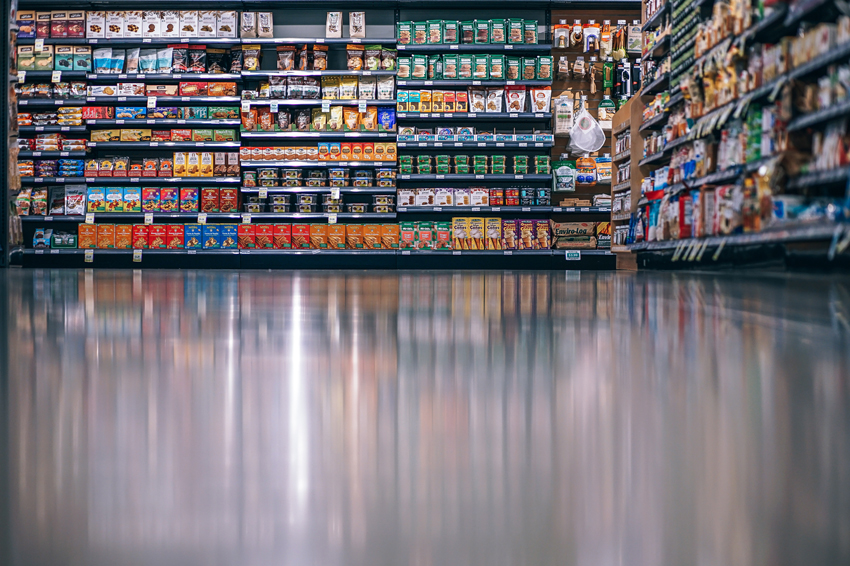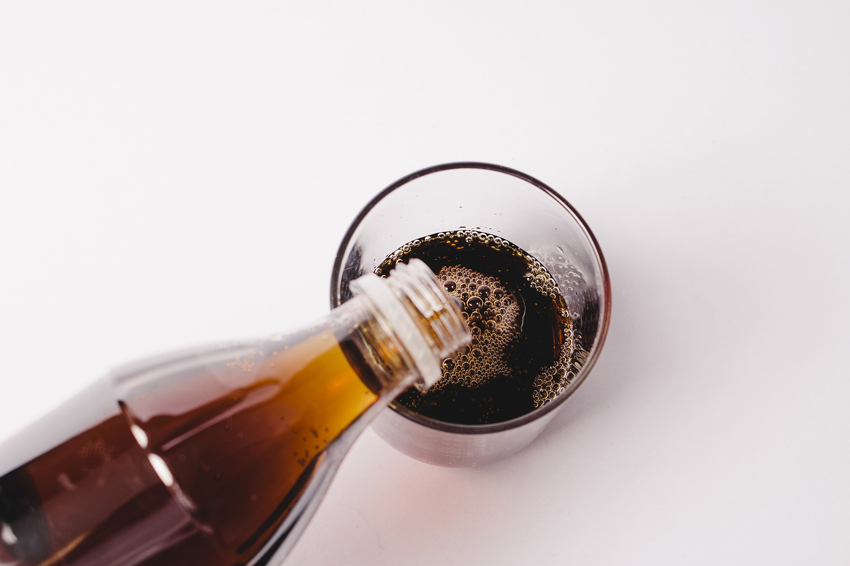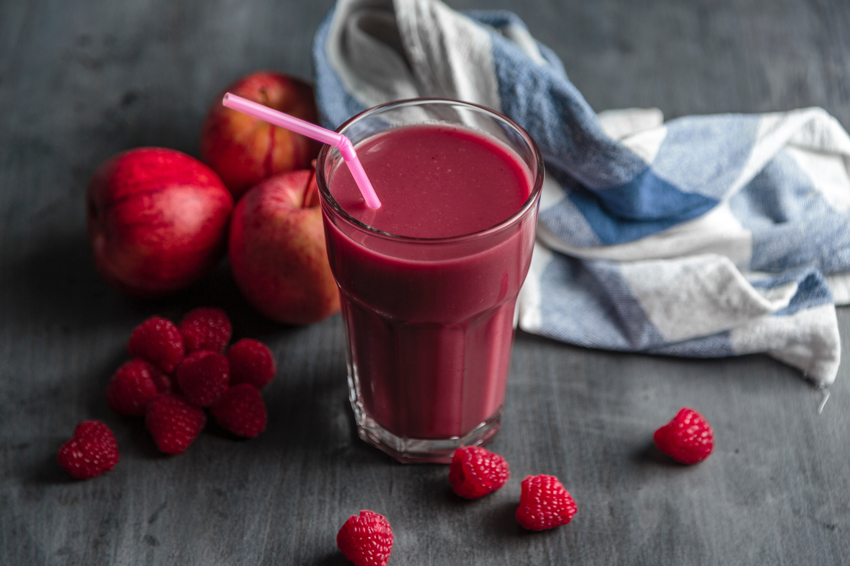In an effort to shed some pounds, are you cutting out all sugar and only eating products labeled as light or sugar-free? Then you might want rethink your strategy! The FizzUp trainer will tell you why it’s better to avoid these foods as much as you can to lose weight and keep it off.
The term “light” is used to describe products that contain less fat and/or sugar. When you stroll through the supermarket aisles, you’ll see this word plastered on more items than you can probably count.

Knowing that these foods ARE “lighter” and lower in calories, does that mean they’re good for your body? Sadly, it doesn’t. Take “low fat” products, for example. This just means that the proportion of fat they contain is less than the products original recipe. But it also means that the rest of the recipe can change, too. In order for a product to maintain the right consistency and pleasant taste without the fat, food manufacturers have to replace it with another ingredient, which is typically sugar! And the same goes for light products advertising they contain less sugar. This is indeed the truth, but they contain more fat. As a result, the number of calories a light product contains is usually the same as the normal product, or in some cases, even more. With this in mind, is it better to eat less fat and more sugar, or more sugar and less fat? Unfortunately, there’s no right answer.
The other pitfall with light products is that they lift a psychological barrier, making it easier to allow yourself to eat more than the regular version of the product because you think it’s better for your health! So you help yourself to seconds, then possibly thirds…
That said, the claims you see on foods such as “light,” “low fat,” “low/no sugar” or “0% fat” are mainly used as a marketing ploy to make the consumer buy the product.
At the end of the day, the FizzUp trainer recommends buying products with the least processing and avoiding products with deceptive weight loss promises. When you take a closer look at their labels, you’ll realize that it’s better to eat a single serving of the real deal than a serving (or two) of the light version.
Just like light products, in products labeled as “sugar free” (which are often beverages), the sugar is replaced by something else. Most often, food manufacturers use an artificial sweetener called aspartame. It has a sweet taste similar to sucrose (table sugar).

The only problem is that according to scientific studies, aspartame is far from a miracle weight loss ingredient! That’s because when you add it (or any other sweetener), the reward system isn’t triggered in your brain like it would be with products containing sucrose. In a nutshell, when you digest table sugar, the molecules bind to receptors to set off a chain reaction that activates the reward system to control your appetite. But when you consume a product that contains aspartame, the molecules bind to the same receptors as they would with sucrose, except they don’t activate your reward system. That’s why you stay “hungry” and your body will encourage you to eat even more to make up for a lack of sugar. When you eat products with aspartame on a regular basis, you can end up eating more instead of eating less and losing weight!
And besides that, aspartame changes your gut microbiota, which alters your metabolism and increases your risk of diabetes.
The FizzUp trainer recommends avoiding products labeled as “sugar free” and not drinking beverages extremely high in sugar, like soda. Drink as much water as you want, or try some homemade smoothies that are packed with vitamins from fruits and vegetables!

The FizzUp trainer wants you to be aware of the dirty secrets weight loss products can hide. You CAN have your cake and eat it, too, as long as it’s in moderation!
Join the 7 million users already registered on FizzUp
Join us